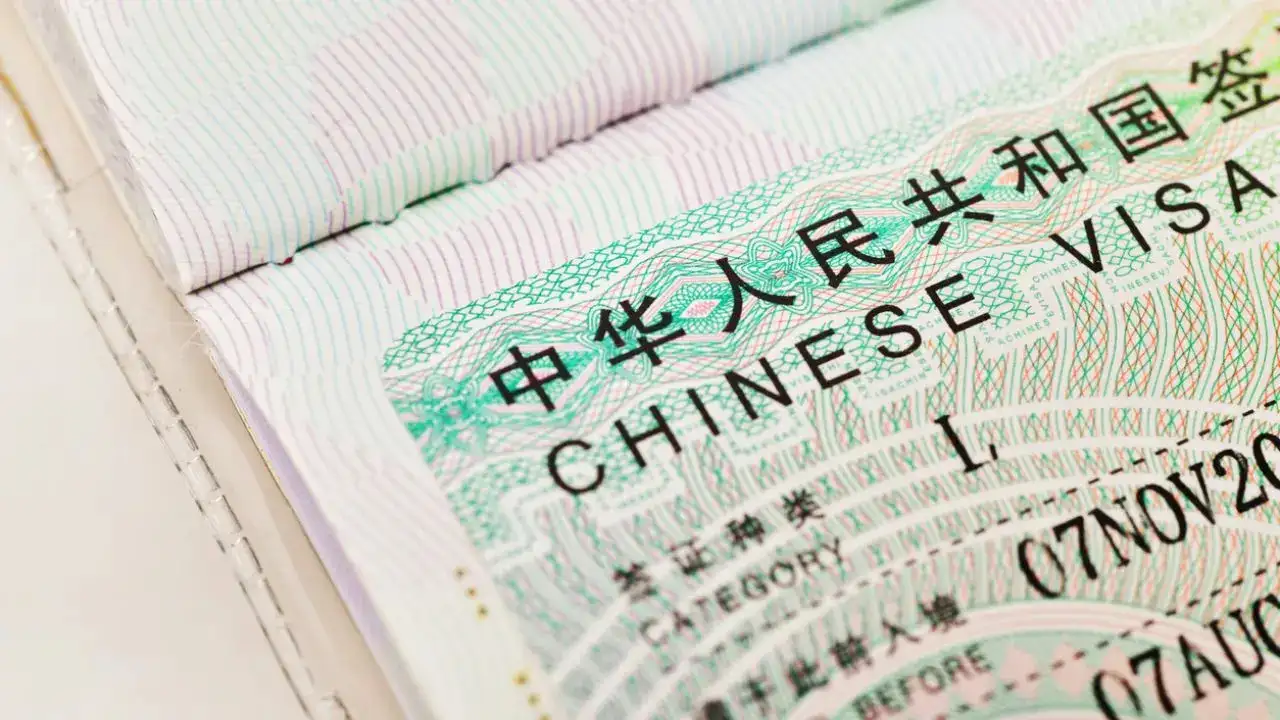Copyright timesnownews

Stepping up its competition with the United States, China has launched a new visa programme aimed at attracting global professionals. The K-visa, rolled out last month, is designed to draw skilled workers to support Beijing’s ambitions in advanced technology and innovation. For Indian tech workers, who have experience in both India and the US, the K-Visa programme presents an enticing chance to explore career opportunities in China while experiencing a unique cultural and professional environment. “(The) K-visa for China (is) an equivalent to the H-1B for the US,” said Vaishnavi Srinivasagopalan, a skilled Indian IT professional who has worked in both India and the US. Srinivasagopalan, who is intrigued by China’s working environment and culture after her father worked at a Chinese university a few years back. “It is a good option for people like me to work abroad," he told AP. “Students studying in the U.S. hoped for an (H-1B) visa, but currently this is an issue,” said Bikash Kali Das, an Indian masters student of international relations at Sichuan University in China. Read More: China Introduces K Visa for Young STEM Professionals; Check Eligibility, Requirements China's K Visa - Beijing's 'Trump' Cards Against US? Amid panic over US President Donald Trump's USD 1,00,000 annual fee on H-1B visas, China announced the K Visa to attract global talent. “Beijing perceives the tightening of immigration policies in the U.S. as an opportunity to position itself globally as welcoming foreign talent and investment more broadly,” said Barbara Kelemen, associate director and head of Asia at security intelligence firm Dragonfly. The K-visa supplements China’s existing visa schemes including the R-visa for foreign professionals, but with loosened requirements, such as not requiring an applicant to have a job offer before applying. K visa will be open to foreign "young scientific and technological talents," according to the Chinese Ministry of Justice. K visas will offer more convenience to holders in terms of the number of permitted entries, validity period and duration of stay. Further, K visa holders will be allowed to engage in exchanges in fields such as education, culture, and science and technology, as well as relevant entrepreneurial and business activities. However, recruitment and immigration specialists say foreign workers face various hurdles in China. One is the language barrier. The ruling Communist Party’s internet censorship, known as the “Great Firewall,” is another drawback. (With AP Inputs)



